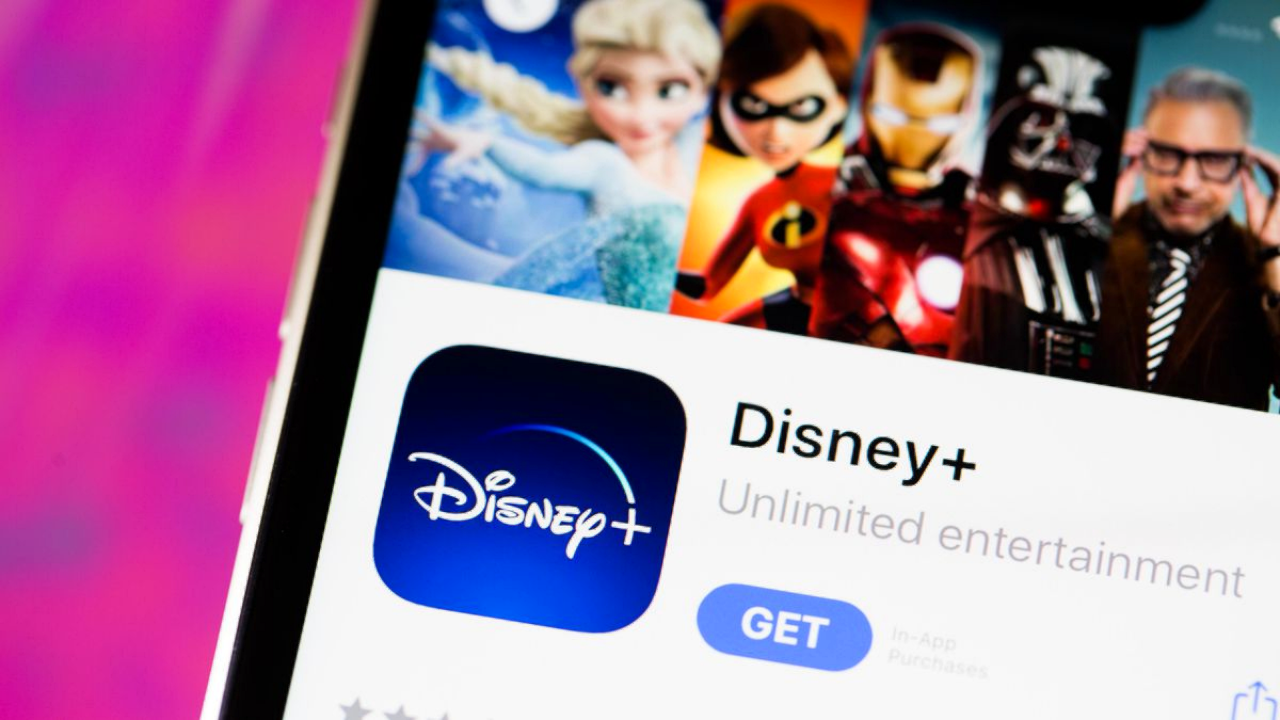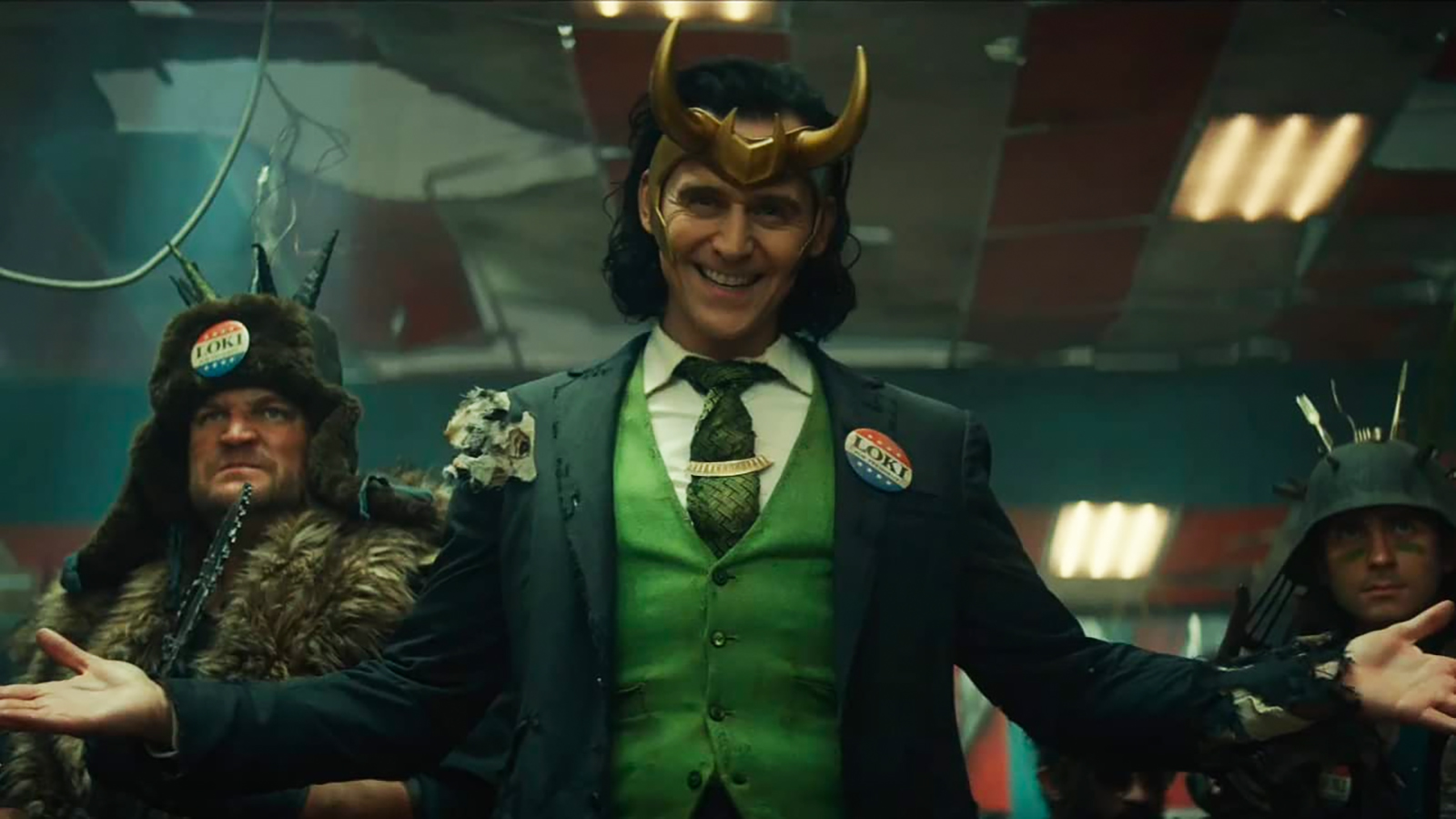Disney Plus is winning its war on Netflix – and it's due to this tactic
While Netflix sheds subscribers, Disney Plus is adding millions


Get all the latest news, reviews, deals and buying guides on gorgeous tech, home and active products from the T3 experts
You are now subscribed
Your newsletter sign-up was successful
While Netflix is losing hundreds of thousands of subscribers, Disney Plus is on a roll: in the first three months of 2022 it added 7.9 million new subscribers, bringing its total customer base to 87.6 million or nearly 150 million if you include its collaboration with Star and Hotstar in India. And when you factor in other Disney streamers such as Hulu and ESPN Plus the number soars to well over 200 million.
The secret? Money, and lots of it. Disney Plus is spending big and losing an absolute ton of money as it builds its streaming business. While the average monthly revenue per user is up from $6.01 to $6.32, Disney+ is spending much more than it's bringing in. You could call it the Amazon strategy: spend big to get customers now and worry about making a profit later.
As The Verge points out, one of the biggest expenses this year has been the billion-dollar buyout of a content provider's contract so its movies and shows could come to Disney+ early. Disney doesn't name that provider, but the smart money says it begins with M and rhymes with Rarvel.

Why is Disney Plus winning when Netflix is struggling?
The short answer? Disney isn't upping its prices while cancelling high profile shows. The Netflix standard plan is currently $15.49 / £10.99 / AU$16.99 per month, and if you want the 4K plan you'll pay even more. Disney+ is around 30% cheaper and doesn't charge extra for the highest quality streams, and in addition to its massive library of existing content – from Star Wars to The Simpsons with Marvel and Pixar there too – it's investing in new shows such as The Mandalorian and Obi-Wan Kenobi. As our Disney+ Guide explains, there's a lot of great content on the service and lots more to come.
Price is definitely a factor, especially in the UK where there's a cost of living crisis. But Netflix's biggest problem isn't money; it's that the market is very different from when Netflix was the streaming superstar, its only real rival Amazon Prime Video. The landscape is crowded now, with offerings not just from Disney+ but from all kinds of major broadcasters and the likes of Apple too – and that means Netflix isn't just competing with rivals for subscribers, but to get the rights for hit shows and movies too.
Netflix isn't in trouble, although its meteoric growth is clearly over for the foreseeable future. But as it mulls introducing ads and cracking down on password sharing it could be playing a risky game: making its product less attractive at a time when many of us are wondering whether we can justify having multiple streaming subscriptions and giants like Disney+ are happy to spend, spend, spend.
Get all the latest news, reviews, deals and buying guides on gorgeous tech, home and active products from the T3 experts

Writer, musician and broadcaster Carrie Marshall has been covering technology since 1998 and is particularly interested in how tech can help us live our best lives. Her CV is a who’s who of magazines, newspapers, websites and radio programmes ranging from T3, Techradar and MacFormat to the BBC, Sunday Post and People’s Friend. Carrie has written more than a dozen books, ghost-wrote two more and co-wrote seven more books and a Radio 2 documentary series; her memoir, Carrie Kills A Man, was shortlisted for the British Book Awards. When she’s not scribbling, Carrie is the singer in Glaswegian rock band Unquiet Mind (unquietmindmusic).